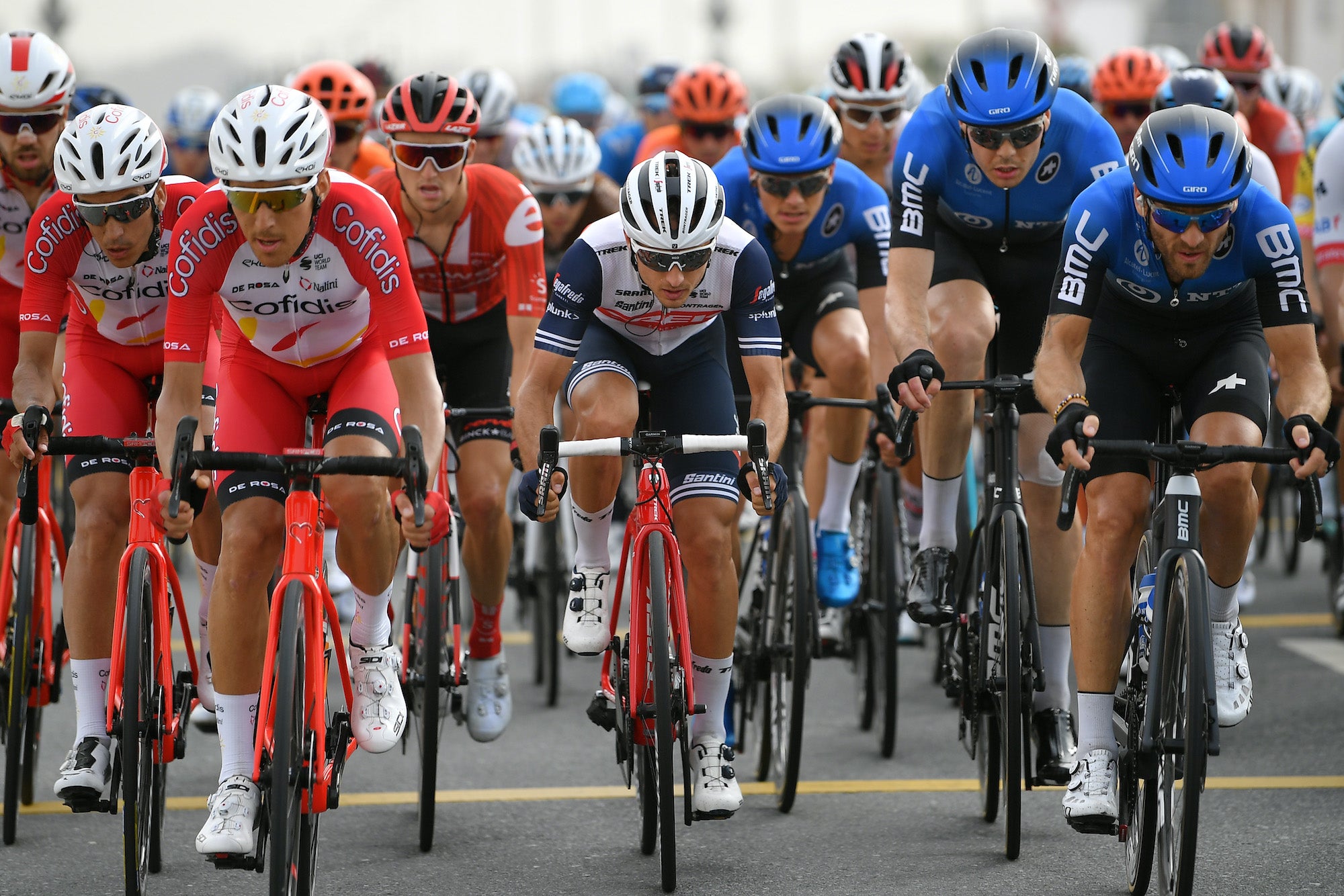Unprecedented pathway to Tour to shake up conventional racing dynamic, says Cofidis coach

Photo: Justin Setterfield/Getty Images
“The approach to the Tour de France 2020 will give a lot more ‘pep’ than if we removed power sensors and earpieces,” forecasts Cofidis coach Samuel Bellenoue.
A Tour de France rider’s pathway through the season has followed a well-rehearsed script for years, with Paris-Nice, altitude camps, and Critérium du Dauphiné marking typical waypoints as a racer heads toward the Grand Départ.
This year, that script has been torn up after riders found their training plans and race schedules put on hold by the coronavirus shutdown. And the loss of that script could shake up the Tour unlike anything else, says Bellenoue.
“It is a challenge. The ideal pattern is so drawn by history that we no longer try to get out of it. It forces us all to think, to adapt,” Bellenoue told Direct Velo. “It is often said that the Tour is stereotypical and that it is always the same … and the approach is still the same. Everyone does the same thing, with the altitude training in May and the Dauphiné in June. The path is so well marked so far that there are not many big failures. We’re in control.”
Critics have long called for the removal of power meters and race radios that enable riders to race at pre-determined thresholds and follow tactics directed from a team car. Bellenoue feels the shake-up to the peloton’s pathway to this year’s Tour could have a similar effect as carefully monitored training plans and race schedules go up in smoke.
“This year, we are going to be in unknown territory,” he said. “We really don’t know where we set foot. The history of cycling has never known this scenario.”
The Critérium du Dauphiné, finishing just two weeks before the Tour, will still form a vital preparatory race for teams, with Bellenoue calling it “a must.” For the first time ever, team insiders will also be considering smaller French races such as La Route Occitanie and Tour de l’Ain as bolt-ons to the Dauphiné after they bagged prime early-August slots in the UCI race calendar.
Bellenoue is keen to get his Cofidis squad into full training as soon as possible, with hopes of organizing altitude camps at the end of July. However, he is mindful of not over-cooking them before racing has even begun given the minimal down-time packed into the cluttered 2020 calendar.
“The density of races is such that it will be difficult for example to recover for someone who is behind,” he warned.
Add to that the swathe of riders out of contract at the end of the year looking to prove their worth with breakaway attempts and do-or-die attacks, then Bellenoue thinks the re-started 2020 season could see “more surprises than you think.”